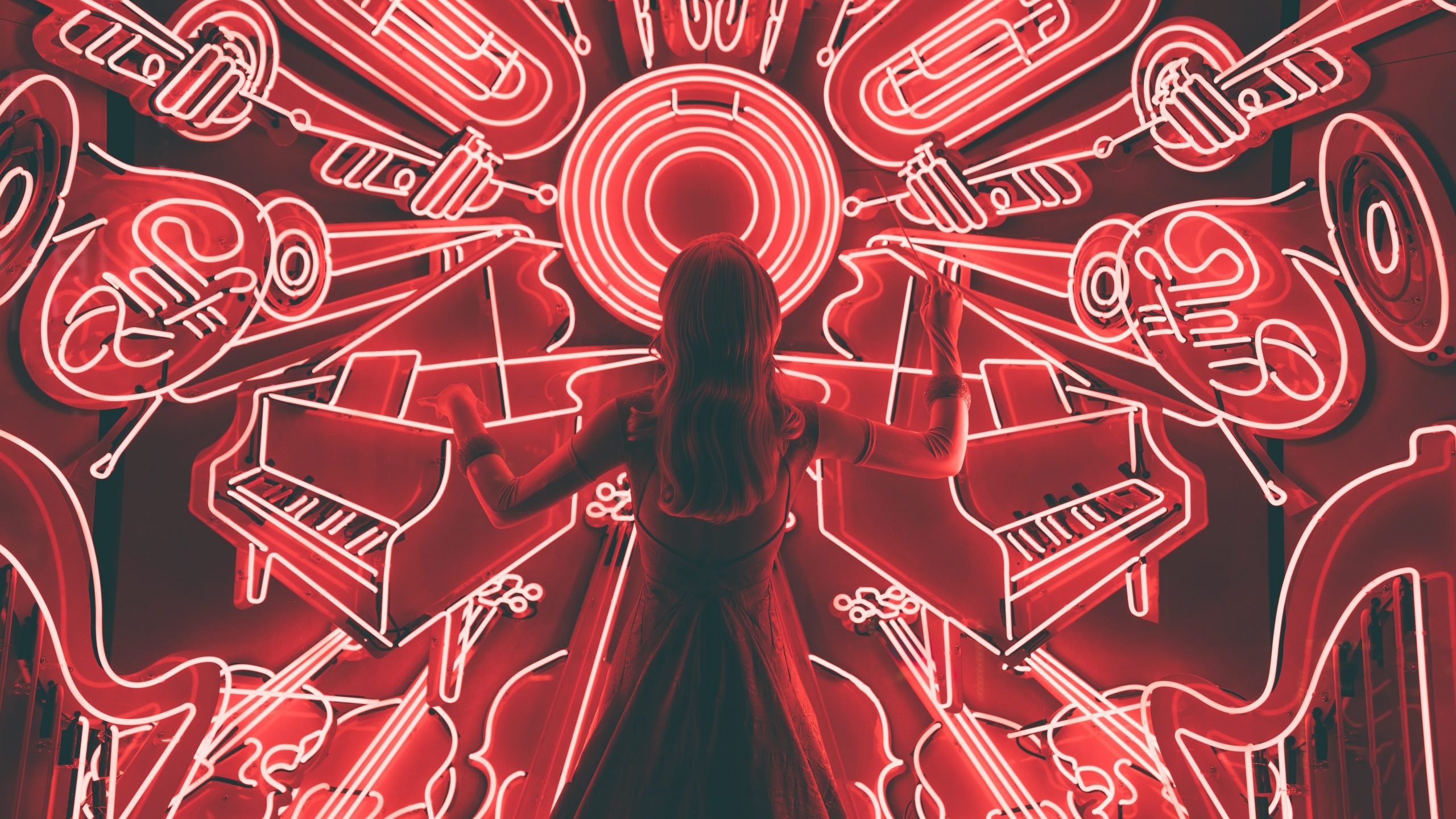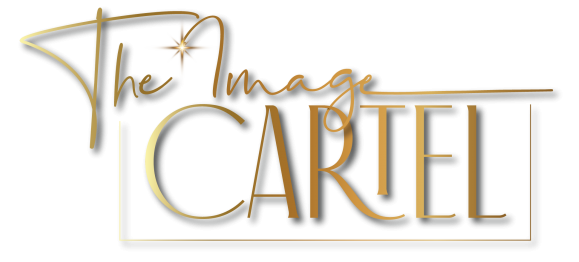 1. Do I Need to Read Music to Play an Instrument?
1. Do I Need to Read Music to Play an Instrument?
There are many stories of legendary musicians never learning to read music throughout their careers. While this is very encouraging for beginners apprehensive about the challenge of mastering musical notation, consider the following:
- Learning to read music allows you to communicate with other musicians easily. Bluntly put, unless you are a celebrity or a matchless genius, most other players will find you a nuisance to collaborate with because there is no quick way to communicate with you. Many tutors will consider you an annoyance too.
- The ability to read notations opens up a world of valuable resources. Such resources, particularly professional ones, inevitably require you to understand musical notation. c. Being able to read music means you can notate music too, with notation itself a systematic and reliable way of examining your technique. For example, while penning a score, you might notice your tendency to over-extend notes or clip them or end on weird beats. In summary, when you bother to learn how to read and notate, you equip yourself with a most helpful tool for the long run.
2. Is Learning Music Theory a Must?
Before all else, music theory is different from reading music. The latter is the ability to understand notations, i.e., read a score. In contrast, music theory studies concepts such as scales, triads, harmonization, and so on.
As for the question itself, it is highly debatable whether one must possess extensive musical knowledge to be an accomplished player – much of this is based on the genre you prefer to play and the level of expertise you desire.
That said, it is undeniable that some degree of musical knowledge will improve your learning journey. To give an example, knowledge of chord progressions vastly enhances your ability to play by ear. You wouldn’t need to experiment or guess. You already know what comes next.
Consider it this way too. Music is, in essence, no more than a highly elaborate system of rules and structures. The more you know about the system, the easier it is for you to master control. Correspondingly, the easier for you to excel too.
3. Am I Ever Too Old to Pick Up an Instrument?
The simple answer to this is that no one is too old to learn anything. It is a question of whether you want to and whether you can put in the necessary effort.
Realistically though, we shoulder more burdens as we age, such as health concerns. The answer to whether you are too old to have a go at learning music thus varies from person to person. And it is dependent on:
- Can you afford the time? No one can truly master an instrument by just practicing one hour every week.
- Can you afford the financial burden? Music is seldom cheap to learn. Neither is it a cheap hobby.
- Can you sustain your interest?
- Do you have the energy for endless drills and practices?
- Would learning that particular instrument somehow worsens whatever existing physical ailment you have? (See next question)
- What is your objective for learning a specific instrument? Are you merely seeking to entertain family and friends? Or are you hoping to perform professionally someday? The latter is, of course, far more difficult for older folks.
However discouraging the above areas might be, know this too. Adult learners aren’t necessarily handicapped; they can enjoy significant advantages over children. These include greater capacity for intelligent/systematic learning, knowledge of where to hunt for resources, more excellent communication skills, and of course, more financial resources.
4. What are the Factors to Consider When Deciding Which Music Instrument to Learn?
Different instruments require different skill-sets. Some instruments also exert substantial strain on certain parts of the human body. When deciding which instrument to learn, the very first step is to be utterly honest with yourself. The next step is to do thorough research.
- Instruments such as the organ and drums require complex hand-leg coordination and wind instruments such as the trumpet demand extensive training on embouchure. Although skills could be honed over the long run, your learning journey will be very frustrating if you are not so great from the start.
- Naturally, if you are suffering from some hand/wrist injury, you shouldn’t be starting a piano course. A couple of hours each week practicing the violin will also not do wonders for your neck injury. Remember, under all circumstances, your physical well-being takes precedence. Don’t pick up any lesson that will worsen your health.
- Many instruments require you to practice with other musicians to fully master. The opportunities for such “jamming” should thus be a significant consideration.
- If you opt for formal lessons, be sure to inquire about the student repertoire beforehand. While versatility in style and genre is beneficial to learning, you don’t want to be bored silly because you play songs that put you to sleep 90 percent of the time.
- The cost of learning specific instruments is far higher than for others, typically because some instruments are significantly more expensive. Financial consideration is, therefore, a must, however unpleasant the process is.
5. Must I Own an Instrument to Learn It?
Even if you are not exceptionally talented, as long as you make an effort to go to practice sessions diligently, you will eventually master the instrument.
Eventually. After a good amount of inconvenience, work/study disruptions, time sacrifices, etc.
I think nothing beats having your own “gear.” You can practice as and when you like to or need to. If you are considering renting equipment, do note that such costs could quickly accumulate to substantial amounts in the long run too. You might be better off buying the instrument right at the start.
6. How Long Does It Take to Master an Instrument?
Mastering an instrument is entirely dependent on the instrument and your intended level of expertise.
Some instruments have a tremendous learning curve at the beginning, one notorious example being the violin. You might need a whole year before you can tune your violin AND produce a decent sound. The longer you take to overcome this, the longer your beginner’s days would be.
Conversely, it would not require years of training before you can play a decent tune on an electronic keyboard or strum a guitar serenade for friends. However, if you are looking at professional, concert-level standards, you will undoubtedly need a lot of practice. Years perhaps.
The short of it, it depends on you.
The good news, though. Many schools now offer trial lessons. These provide students the valuable opportunity to thoroughly evaluate whether an instrument is ‘learnable” before committing for the long term.
7. Can I Learn Music on My Own?
Nowadays, resources are abundant online for people keen on learning music by themselves. There is a treasure trove of resources that include invaluable insights, techniques, and methods, as well as questionable gimmicks and shortcuts.
Therefore, the answer is: yes, you can successfully train independently, but only if you rigorously evaluate your progress. Do so realistically. Be brutally honest too. If you are getting nowhere, admit it, then do whatever you must to change your method.
Before embarking on any method or course, be sure to investigate the efficacy too thoroughly. What you want to avoid is the situation of being disgruntled months later and altogether abandoning the instrument.
Last but not least, self-taught or not, certain necessary traits stay. You must possess the discipline. You must have determination, patience, and perseverance too. Learning on your own often requires double the devotion compared to students attending formal lessons. Remember, you wouldn’t have a teacher to nag you. You have to chastise yourself.
8. What are the Benefits of Learning Music?
The list of benefits can go on and on. Often cited are enhanced creativity, improved personal discipline, more remarkable patience, a calmer disposition, and so on.
Most of these have been extensively written about online, so that I wouldn’t elaborate further. Instead, please permit me to highlight that such benefits are often not immediately noticeable. For example, if you expect a corresponding increase in artistic creativity as your musical skills grow, you are going to be sorely disappointed. Very sorely disappointed.
To put it in another way, the “fringe benefits” of learning music are, more often than not, only noticeable in the long run. And only after you have more or less mastered an instrument.
To put it in yet another way, the primary requisite for learning any instrument is a genuine love and passion for the instrument. If you are doing it for other benefits, chances are, you would fail. You will end up wasting a lot of time and money.
9. What are the Career Prospects of Learning Music?
Most people tend to associate musical skills with only two areas of employment—that of performances and education.
The truth is, musical knowledge and ability open up an entire spectrum of career possibilities. Outside of performances and teaching, these possibilities include:
- Music Production: Movies, games, broadcast advertisements, etc., all require music backing. Such soundtracks are produced in professional studios, not on stages.
- Freelancing: In recent years, there has been a lucrative market for selling self-recorded audio clips online.
- Audio Engineering: Knowledge of music and the nuances of different genres is a priceless skill set for audio engineers.
- Marketing: Familiarity with varying songs genres and the emotions they invoke provide any professional marketer with an invaluable edge.
- YouTuber: With YouTube, anyone can be an international artist overnight. Should you generate enough views, you can even monetize your channel and enjoy substantial earnings every month.
Needless to say, if you can compose catchy music, your career prospects are even broader.
Last but not least, the ability to musically entertain yourself is incredibly therapeutic too. Many would agree this assists career development in several indirect ways.
AUTHOR: Ced Yong is an Electronic keyboardist and blogger in Singapore.
